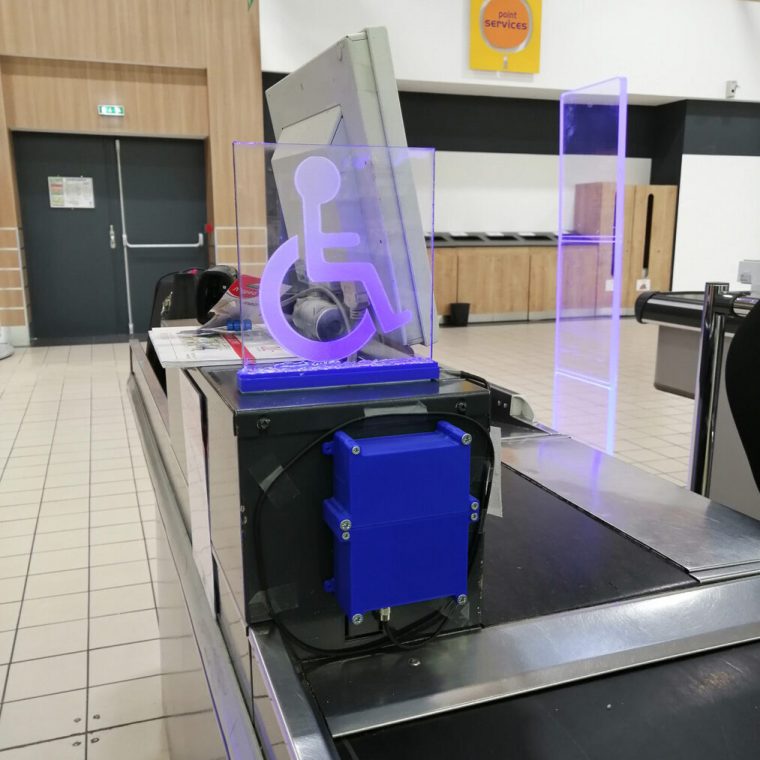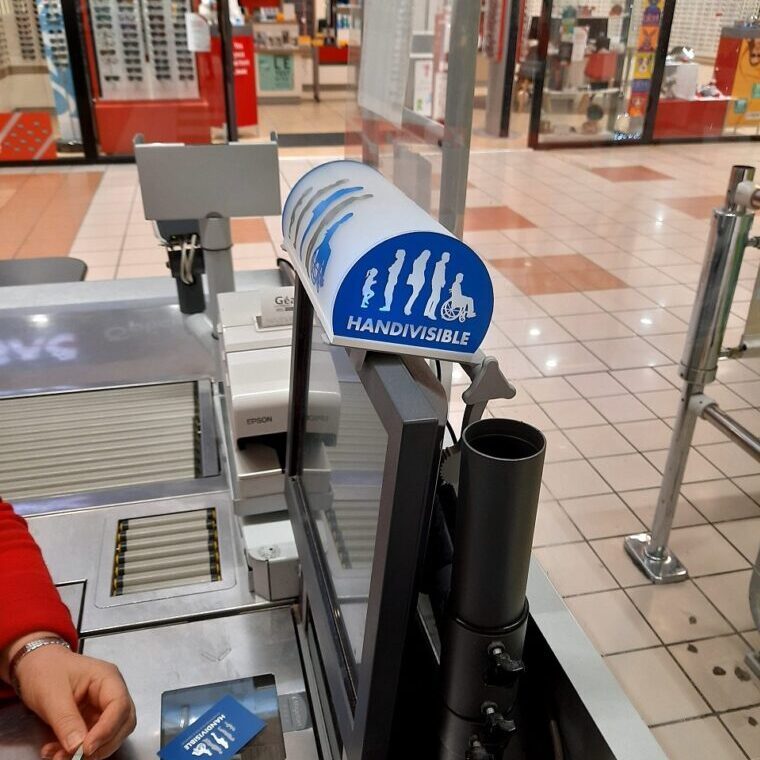Parenting a child with invisible special needs is not always easy! Are you making use of all the facilities that you are entitled to as a parent who has a child with special needs? To all of you with invisible special needs, do you use all the facilities or are you sometimes afraid of using them?
Even for people with visible special needs, it is unpleasant to have the looks of others while using the facilities that have been put into place to ease their lives.
Let's go shopping! Or maybe not...
Who likes shopping with their children? Especially when they are young and strong-headed?
Well, imagine that you have children with special needs who need to go to the bathroom or have noise sensitivity.
Below is the story, given by a friend of mine, that painfully describes what it feels like to go shopping with special needs children. My friend has a child with special needs as it was born with Spina bifida. Although, with a lot of surgeries, the child can walk now it cannot walk or stand for long periods of time and is incontinent. Both are invisible but qualifies the child as a child with special needs just like others who have invisible special needs think about persons with ASD (Autism Spectrum Disorder) or sensory problems. I can relate to this as a mom myself and it is time to talk about this!
So, my friend was explaining to me that when she goes shopping for groceries, she goes shopping by herself. This means taking time off work to do the shopping!!!
You might ask yourself, why?
Well, if she goes shopping with her child and uses the priority lane, other customers would like to have an explanation as to why they want to go in front of them as they are both looking “normal”. The other customers have no right to ask for such information. But still, she explains herself anyway and feels embarrassed about the whole situation. The person behind the till would like to see the priority card because he/she/they cannot see that she or her child has a disability.
Unfortunately, yes, the person behind the till has to ask for the priority card as some people will claim to have a disability just to skip queuing.
All this gives a lot of anxiety for both the parents as well as the children or any other person with invisible special needs. The solution in her opinion is sometimes to no bother at all and let the other persons in front of her go first.
She will wait patiently, picking up her child (who at this point cannot stand anymore), carrying the groceries, and put them on the conveyor belt. Luckily the child does not throw a tantrum today and all goes well, although mum is exhausted and did not have to go through this if there was a better solution.
Maybe one day, there will be a solution for everyone...
Now, what if there was an app that lets the shop, concert hall, amusement parks, etc… know that there is a person with a disability who is lining up and needs to be given priority.
Well, that is exactly what Maité is doing with her project “Handivisible”.


Pictures courtesy of Maïté Ferdinand
This is how it looks like at the till in the supermarket. You let the shop know discreetly about you being at the till and they will open the priority till for you or let you pass the other customers.
There is no need for the person behind the till to ask for your priority card, neither do the other customers ask for further information because the shop itself calls you to the front of the queuing line.
And it goes beyond the supermarket
The good news is that this is just one example. Please have a look at this YouTube video which explains the concept even further!
This project has been tested in Champagne-Ardenne, France and is at the end of its trial phase.
The future...
Major supermarkets such as Leclerc, Carrefour, and Intermarché have supported this project locally but I wonder what is holding them back to use this across the country?
This is similar to the other initiatives that supermarkets are supporting locally such as dimming the lights and/or having no music through the speakers at certain times and days. These measures are taken to allow people with ASD to do their shopping. As this has shown to be a success locally, why not implying it around the country or even globally?
Inclusion has to be more than just local initiatives. Do we really need to go to each supermarket and ask them to participate in one of the other “local” initiatives?
Maïté will update me later this year when this project will roll out. Once I have more information, I will share this with all of you. Let’s spread this information so that supermarkets get more aware of this!
If you like to support the project, please visit her website at handivisible.fr (French)
Let’s hope that Switzerland will follow soon!